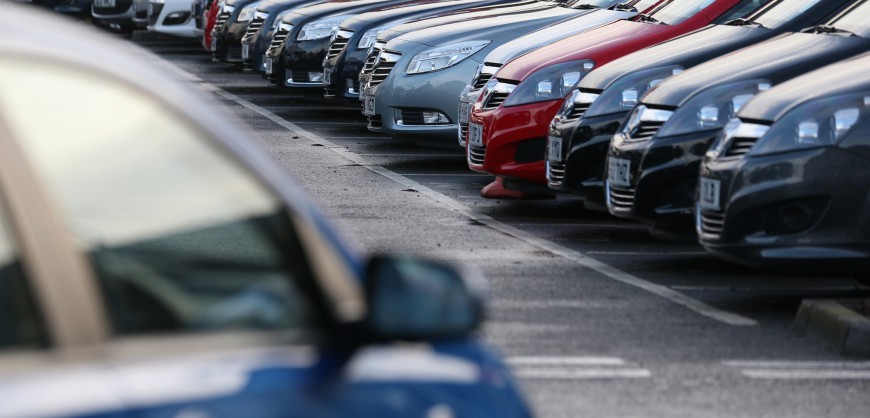New rules for excise duties for cars are turning into a headache for the Greek government due to the fact that there is no database for passenger cars to be taxed according to their merits. The government hopes to scrape 200 million euros from car owners in 2016, but this cannot be done until new excise duties are announced. Authorities had hoped to link taxes to commercial car values instead of the cubic size of the engine and exhaust generated. At the moment there are exemptions for hybrid cars and eco-friendly models that will be abolished in the future.
Sources state that the tax burden will fall on the shoulders of car owners with vehicles brought over the last five years whose duties are based on exhaust fumes, and will be highest for owners of expensive hybrid cars or those with high exhaust emissions. The additional cost could be as much as 200 euros. Furthermore, officials are examining more taxes for new cars with engine capacity over 2.0. Those who have older cars will not see a decrease in excise duties beyond 10 euros at the most.
The changes will not be enforced immediately, with huge overhauls postponed for 2016. This means that the government will need to find equivalent measures to make up for planned hikes and bridge the gaps in the state budget.
There are fears that excise duties will be reduced in comparison to last year. Noteworthy is the fact that car owners failed to pay 80 million euros worth of excise duties in 2015. By December 2014, car owners owed 184.5 million euros worth of unpaid duties, but this figure shot up to 252.8 million euros by September.


































